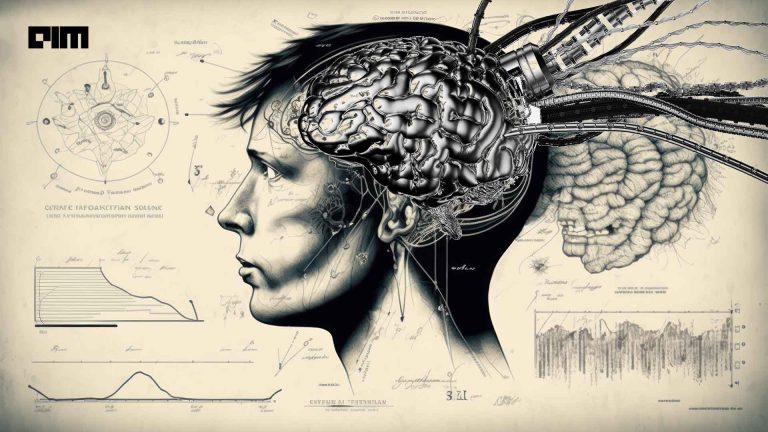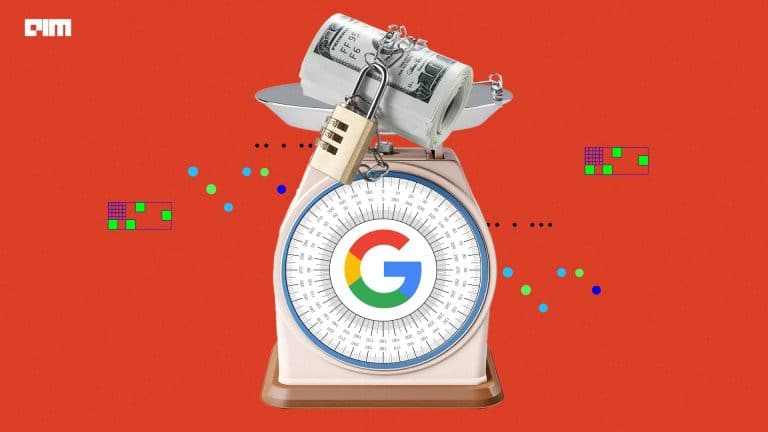This year Google announced its platform called Coral for building IoT hardware with an on-device AI. This is a major step for developing an on-device AI and will bring about a lot of changes in the space of IoT and AI devices.
All About Google Coral
Google announced a platform called Coral that is used for building intelligent devices with local AI. It provides ML interfacing with low power cost. It also helps to build connected devices which lets the products be used with Google Cloud IoT.
Coral’s first products are powered by Google’s Edge TPU chip. It is not the first hardware chip by Google. The Cloud TPU for running machine learning workloads based on the TensorFlow framework was released in beta by Google. It has now upped its game with the Edge TPU, a dedicated ASIC chip designed by Google that runs the TensorFlow Lite ML model on the edge.
The process has an algorithm that is initially trained on a large set of sample data on a fast powerful machine or cluster. The trained network is then deployed into an application and interpretation of real data is done. This is where the Edge TPU comes to the rescue, enabling developers to make improvements in smart devices and makes machine learning without a network connection at all.
Coral Products
Google Coral offers the following six products:
1.Coral Development Board: The Coral dev board is a single-board computer with a removable system-on-module (SOM). The board is intended as a product development tool for hardware developers to prototype IoT devices and other embedded systems. It contains the Edge TPU, WiFi, Bluetooth, RAM and eMMC memory, along with featuring wireless radios. This dev board is perfect for IoT devices and other embedded systems that demand a fast and on-device inferencing. The dev board has a base board peripheral connections, DSI display interface, MIPI-CSI camera interface, Gigabit Ethernet port, a 3.5mm audio jack, 2.54mm 4-pin terminal for stereo speakers, a full sized HDMI 2.0a connector, two Digital PDM microphones, and a “Raspberry Pi like” 40-pin GPIO header.

2.USB Accelerator: The Coral USB accelerator features the Edge TPU that is responsible for ML inferencing. It also allows for easy integration into any Linux system, including Raspberry Pi, over USB 2.0 and 3.0. With the Edge TPU connected over USB 3.0 interface, it allows for quick prototyping of local AI applications. It wraps their custom ASIC in an easy to use stick form factor that looks a lot like a flash disk. The Accelerator stick has a USB 3.0 Type-C socket for data and power. However, as it comes with a USB-C to A cable if you don’t have a USB-C laptop, like one of the latest generations of Mac, you can still use it straight out of the box.
3.Camera: 5-megapixel compatible camera module. Also available is a camera module that is 5 megapixel Omnivision OV5645 sensor, to accompany the development board. It connects to the development board’s MIPI-CSI connector. It has a field of view of 84 degrees and a focal length of 2.5mm, with a focal range from 10cm out to infinity.
4.PCI-E Accelerator: PCI-E device is a 22 mm x 30 mm device made for easy integration of Edge TPU into existing systems.
5.System-on-Module (SOM): SOM is a fully integrated system in a 40mm x 40mm pluggable module attached to the base board. It is built around an NXP i.MX 8M processor, and the Edge TPU itself. The SoM has a cryptographic coprocessor, onboard wifi and bluetooth 4.1 support, along with 1G of LPDDR4 RAM, and 8GB of eMMC.
6.Environmental Sensor Board: It is an accessory board that provides temperature, light and humidity sensors for IoT applications. Compatible with Coral and Raspberry Pi boards, this sensor board is built to work with cloud IoT core due to the inclusion of a secure element. It has four integrated Grove connectors to allow adding additional sensors and supports TensorFlow lite, so there is no need to build models from the ground up.
Looking Forward
The Edge TPU is currently in the beta period where the compiler has some restrictions. But these restrictions should be lifted when Coral comes out of beta testing. A precise comparison with custom accelerators like also can only be done only once the Coral hardware is out.
This new Coral for IoT and ML by Google is going to make the integration of IoT easier. Many manufacturers are going to be attracted to these products and will perhaps encourage the usage of IoT devices. The initiative by Google is definitely appreciable.

















































































